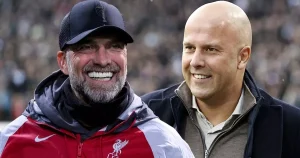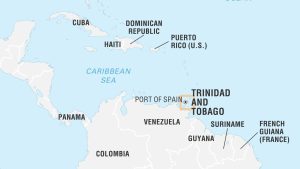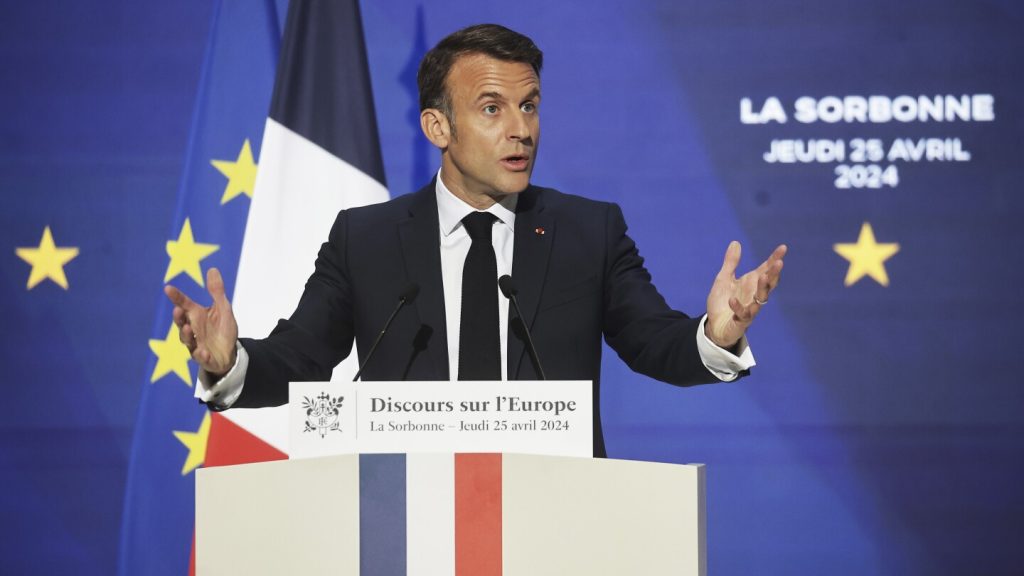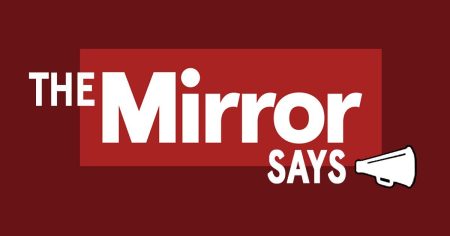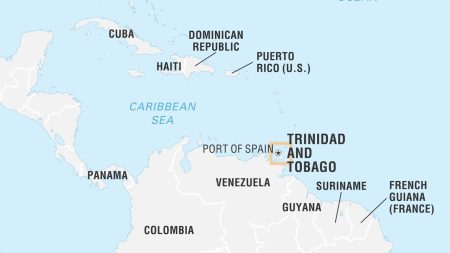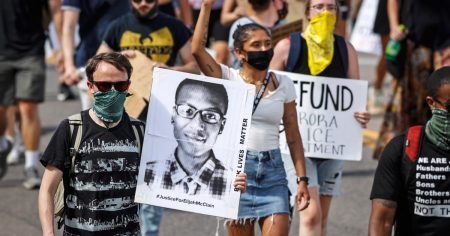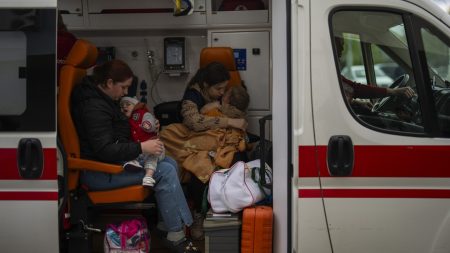French President Emmanuel Macron delivered a warning that Europe could face its demise if it does not strengthen its defense capabilities and implement significant trade and economic reforms to compete with global superpowers like China and the U.S. In a speech at Sorbonne University in Paris, Macron emphasized the need for Europe to become more ambitious in the face of war, intense trade competition, energy scarcity, climate change, and rising authoritarianism. He highlighted the division within the continent and stated that Europe must become a superpower, defend its borders, and speak with one voice to survive and prosper in the rapidly changing world.
Macron stressed that the ongoing war in Ukraine poses an existential threat to Europe, as the continent is not adequately armed to defend itself against a power like Russia. He expressed the importance of preventing Russia from emerging victorious and emphasized the need for Europe to have strong armies, rapid intervention programs, and developed military capabilities to ensure its security. Macron also called for a joint diplomatic force to engage with Africa and Latin America and decrease dependency on the United States, emphasizing Europe’s ability to engage with other regions of the world.
Supporting Ukraine in its struggle against Russian aggression, Macron has pushed for Europe to stand by the country at all costs, even suggesting the possibility of sending Western troops to bolster its defenses. He criticized the trade practices of China and the U.S., accusing them of disregarding global trade rules and protectionism, while Europe remains open and overregulated. Macron called for Europe to accelerate production, increase investment in European-made products, and compete with other global powers, asserting the importance of buying and producing in Europe to maintain competitiveness.
As Europe approaches key elections, Macron rallied support for his centrist Renaissance party ahead of the European Parliament elections, where far-right parties are leading in the polls. He emphasized the need to safeguard democratic values in the face of growing popularity for authoritarian models across the continent. Macron, who lost his parliamentary majority, faces challenges from the far-left coalition and far-right National Rally party in France, amidst social tensions and protests against his policies. Demonstrations from teachers, police officers, and farmers have added to the strain as Paris prepares to host the Olympic Games this summer.
Macron’s call for a united and assertive Europe comes at a crucial time for the continent, where cooperation, defense, and economic reform are essential to facing global challenges. By emphasizing the need for Europe to become a superpower, strengthen its defense, and compete with other global powers, Macron highlights the urgency for the continent to adapt to the changing geopolitical landscape. As Europe navigates political uncertainty and social unrest, Macron’s vision for a more ambitious and united Europe serves as a call to action for the continent to secure its future and thrive in the face of adversity.




